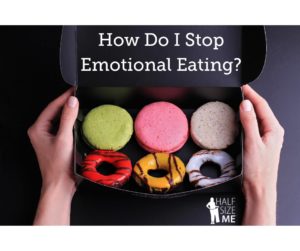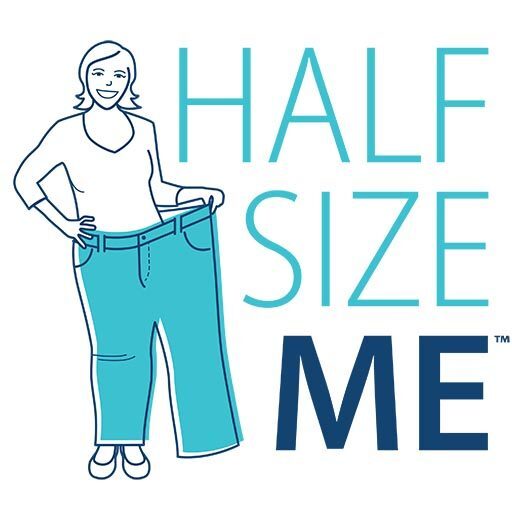 “I am struggling with emotional eating. I really want to lose weight, but I find my emotions get the best of me and I eat to comfort myself. What should I do?”
“I am struggling with emotional eating. I really want to lose weight, but I find my emotions get the best of me and I eat to comfort myself. What should I do?”
Emotional eating can manifest in many ways. You have a wide array of emotions—you might eat when you’re bored, lonely, sad, joyful, happy, anxious, or every other emotion in-between. Food can play the role of friend, entertainment, stress relief, time out, and escape.
I’ve personally struggled with emotional eating. I’ve also helped many of my coaching clients deal with it. One of the best tools I can suggest is to journal your emotional eating so you can start becoming aware of the what, when, and why of your emotional eating.
What’s the context (what was going on around you or happening externally)? How were you feeling (resentment, anger, frustration, boredom, etc.)?
From there, you can determine the things you actually have control over:
- advocating for your own needs
- telling your loved ones and support system the best ways they can help you
- modifying the stories you tell yourself
- changing your expectations
- establishing your boundaries
Here are a couple more ways you can get control over your emotional eating:
Start to build emotional awareness.
If you can’t communicate your needs clearly to others, you fall into the trap of expecting that other people “should just know what I need.” This expectation will leave you feeling disappointed and frustrated.
Emotional eaters are “importers”. They import food into their mouth as a way to shove down their emotions and needs. Instead, of being an importer you need to become an exporter.
As an “exporter,” you speak your truth. You become more self-aware. You care for yourself enough to advocate for your needs, just like you would do for your child, pet, or elderly parent.
You will change your relationship with food when you start to understand your emotional needs and share them.
And when you make this change, food can just be food again. Something you enjoy and that gives you sustenance, but is not a solution to your problems.
Don’t make your problems worse.
I call this compounding your problems:
- You are angry about work/ home/ school/ etc. (Problem A)
So…
- You eat to feel better, which actually makes you feel worse. (Problem B)
Of course, you haven’t solved Problem A and you’ve added Problem B. Making things that much worse for yourself.
Instead of soothing yourself with food as a way of dealing with Problem A, what if you spoke up for yourself? What if you told someone what the problem was and tried to seek solutions to fix it? What if you took positive action and felt empowered, speaking your truth, advocating for your needs?
Emotional eating takes time to get over.
Even now, I have to remind myself to identify what my problem really is and how I can take positive action to overcome it without turning to food. It is a choice I make daily.
If this is something you also struggle with, I have created the End Emotional Eating teaching toolkit for you. I made it to give you a framework and skills to determine your emotional needs.
Following the lessons, you will learn how to communicate your needs to others and how you can view your life circumstances differently.
Isn’t it time you felt free to eat food because you wanted to, and not because you thought it was going to fix or soothe your problems and emotions?
If you would like even more help with this, please check out this webinar recording I did on ending emotional eating.
